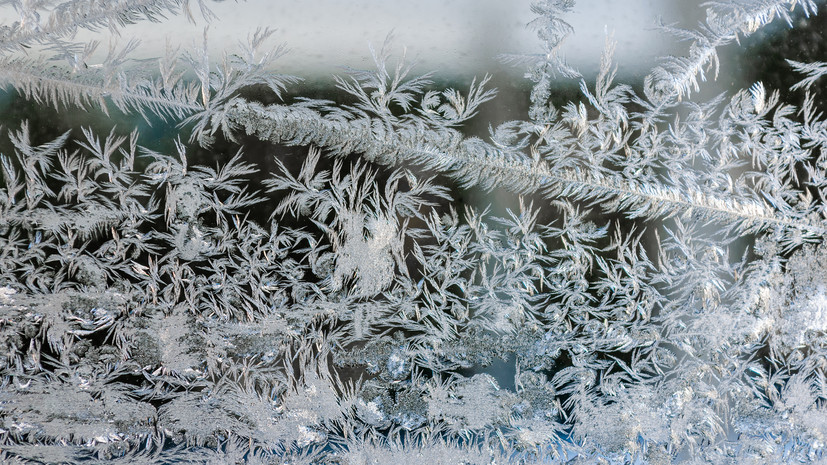According to RT’s interlocutor, there is a surface high-altitude anticyclone over the south of the Urals and the north of Kazakhstan.
“The anticyclone shows no signs of budging.
And this is the greatest anomaly not only of the past, but also of the next five or six days.
Because of this, severe frosts, which only smooth out a little at the beginning of March, are not one degree below normal in the Volga region, in the south of the Urals, in the eastern regions, central black earth regions, in the southern Urals,” Shuvalov said.
He added that this anticyclone “does not allow” other cyclones to travel in a straight line from west to east.
“Therefore, in the north, contrary to all our ideas, there is a very significant positive temperature anomaly, which reaches 10-12 degrees.
And in Samara, let’s assume, at night up to -20...-22 °C, and in Arkhangelsk during the day up to +2...+3 °C.
These are the anomalies caused by just one process.
The process is really very stable in time and space, and I think that we will coexist with it for at least another week,” the forecaster concluded.
Earlier, Deputy Head of the Situation Center of the Hydrometeorological Center of Russia Anatoly Tsygankov spoke about the weather in Moscow next week.

